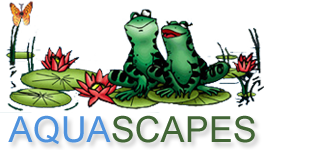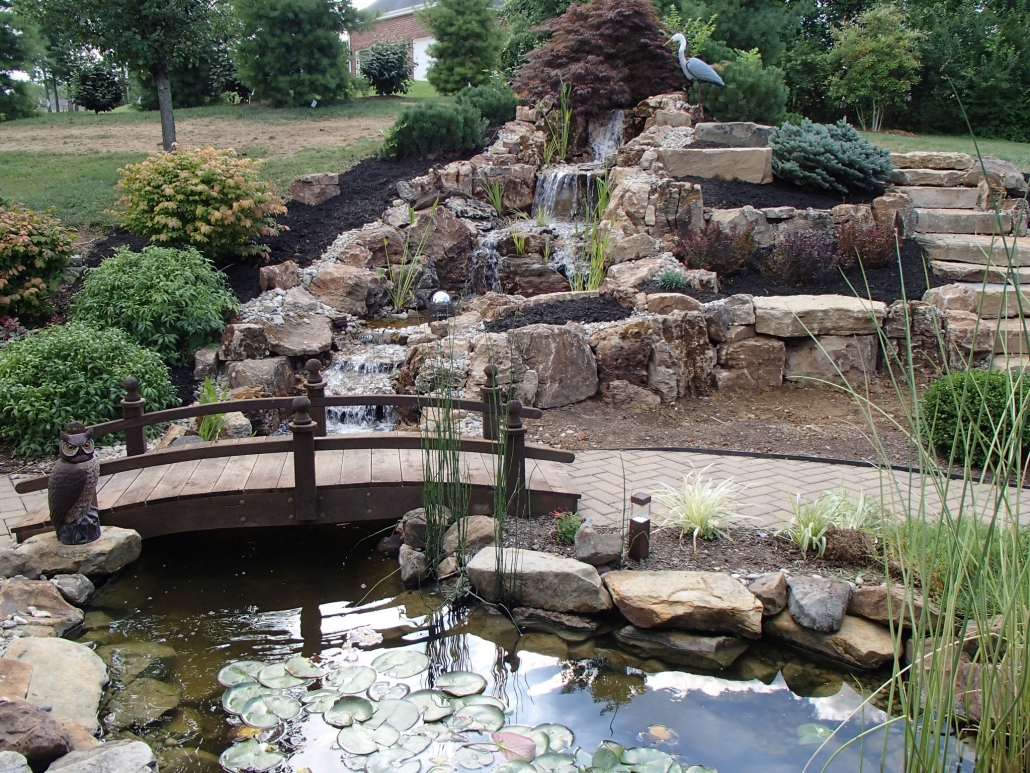Troubleshooting Common Water Garden Problems: Algae, Leaks, and More
Introduction: Water gardens are enchanting features that bring a sense of tranquility and beauty to any outdoor space. However, like any ecosystem, they require proper care and maintenance to thrive. From pesky algae outbreaks to mysterious leaks, water garden enthusiasts may encounter a range of issues that can disrupt the harmony of their aquatic oasis. In this comprehensive guide, we’ll delve into some of the most common problems faced by water garden owners and provide practical solutions for troubleshooting and resolving them. Whether you’re battling algae blooms, dealing with water quality issues, or trying to pinpoint the source of a leak, this guide will help you navigate the challenges of maintaining a healthy and vibrant water garden.
- Algae Overgrowth: Algae blooms are one of the most common challenges faced by water garden owners. These unsightly outbreaks can turn your crystal-clear pond into a murky green mess seemingly overnight. Algae thrive in nutrient-rich environments with ample sunlight, so controlling their growth requires a multi-faceted approach. Strategies for combating algae include installing shade-providing plants or structures, reducing nutrient runoff from surrounding areas, and incorporating natural algae-eating organisms such as snails or fish into your pond ecosystem. Additionally, regular maintenance tasks such as removing debris and performing partial water changes can help prevent algae from taking over your water garden.
- Water Quality Issues: Poor water quality can manifest in various ways, including cloudy water, foul odors, and imbalanced pH levels. These issues can be caused by a variety of factors, including excess nutrients, decaying organic matter, and inadequate filtration. To address water quality problems, start by testing your pond water regularly to assess key parameters such as pH, ammonia, nitrite, and nitrate levels. Based on the results, adjust your filtration system, increase aeration, and consider adding water treatments or beneficial bacteria to restore balance to your water garden ecosystem. Proper maintenance practices, such as regular cleaning of filters and skimmers, are also essential for maintaining optimal water quality.
- Leaking Pond: Discovering a leak in your pond can be a homeowner’s worst nightmare, but fear not—finding and fixing pond leaks is entirely manageable with a systematic approach. Begin by conducting a visual inspection of your pond, paying close attention to the perimeter, liner seams, and any protrusions or penetrations. Look for signs of damage such as tears, punctures, or worn areas in the liner. If you suspect a leak, perform a water level test by filling the pond to its normal level and monitoring for changes over 24-48 hours. Once you’ve identified the source of the leak, repair it using a suitable patching material or sealant. Proper installation and maintenance of pond liners, as well as regular inspections, can help prevent leaks from occurring in the future.
- Invasive Plants and Weeds Water Garden Problems: Invasive aquatic plants and weeds can quickly overrun a water garden, choking out native vegetation and disrupting the ecosystem. Common offenders include duckweed, water lettuce, and cattails, which can spread rapidly and outcompete desirable plants for resources. To control invasive plants, manually remove them from your pond using nets or rakes, being careful to remove all fragments to prevent regrowth. Consider introducing natural predators or herbivorous fish species that feed on aquatic vegetation, such as koi or grass carp, to help manage populations. Regular maintenance, including pruning and thinning of plants, can also help keep invasive species in check and maintain a healthy balance in your water garden.
- Fish Health Issues: Keeping your fish happy and healthy is essential for maintaining a thriving water garden ecosystem. However, fish can be susceptible to a variety of health problems, including parasites, bacterial infections, and waterborne illnesses. To prevent fish health issues, maintain optimal water quality parameters, provide adequate aeration and filtration, and feed your fish a balanced diet. Monitor your fish regularly for signs of distress or illness, such as lethargy, loss of appetite, or abnormal behavior, and take prompt action if any issues arise. Quarantine new fish before introducing them to your pond to prevent the spread of disease, and consult with a veterinarian or aquatic specialist if you encounter any serious health concerns.
Maintaining a healthy and vibrant water garden requires diligence, patience, and a proactive approach to problem-solving. By understanding the common challenges faced by water garden owners and implementing effective troubleshooting strategies, you can overcome obstacles and enjoy the beauty and tranquility of your aquatic oasis for years to come. Whether you’re battling algae outbreaks, dealing with water quality issues, or addressing fish health concerns, the key is to identify the underlying causes and take appropriate corrective action. With proper care and maintenance, your water garden can thrive as a flourishing ecosystem that brings joy and serenity to your outdoor space.
Check out our store for all your water gardening needs! Aquascape products are Aquascape Inc. Certified.
Thanks for reading at Meyer Aquascapes! We hope you’ve enjoyed our post on garden pond design. Please leave a comment below if you liked it or have any questions. We’d love to hear from you! Thanks for stopping by!


 Meyer Aquascapes
Meyer Aquascapes